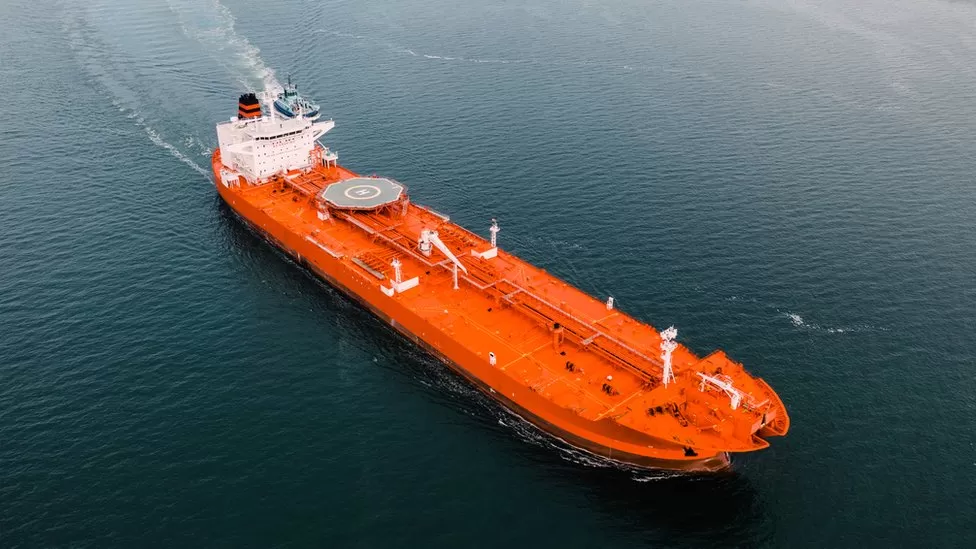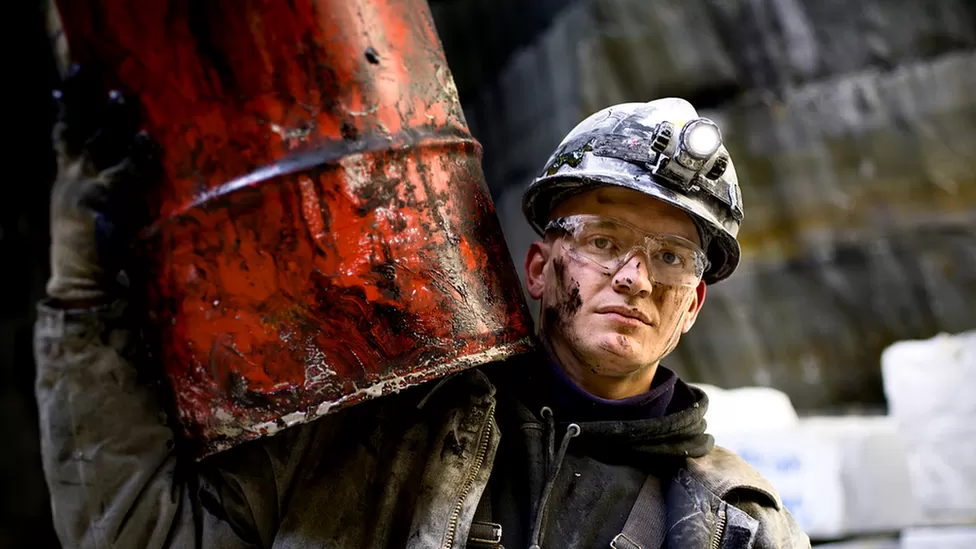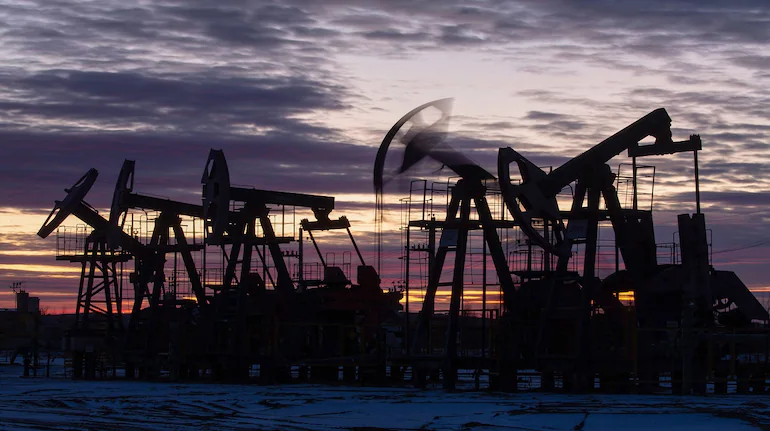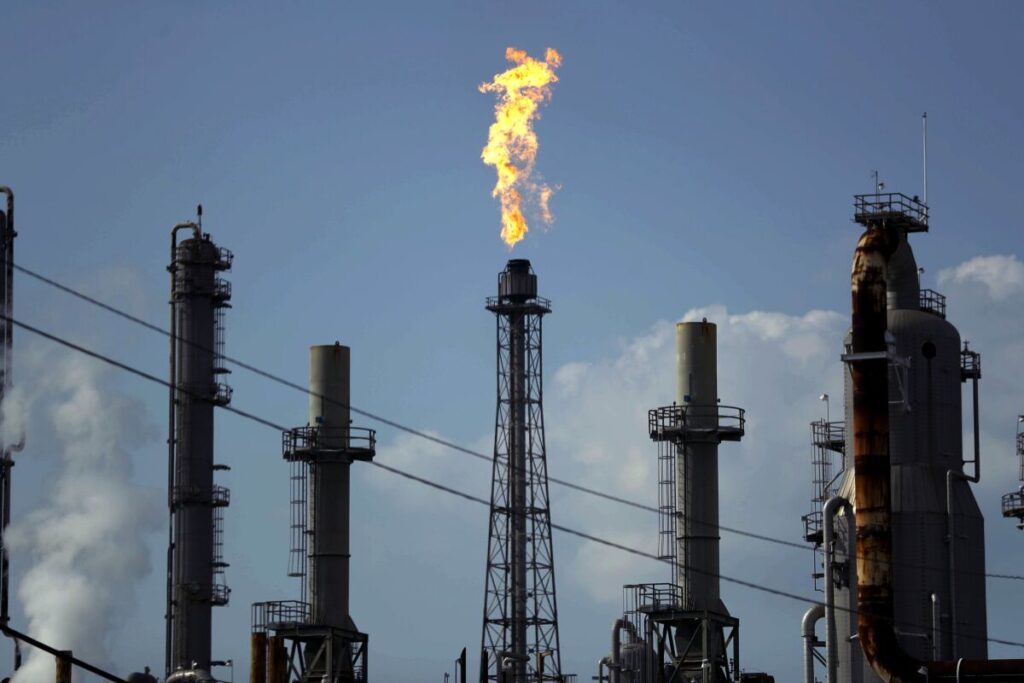
Oil prices rose despite fears that a fresh drop in Russian crude prices could disrupt global supplies in the coming months.
Decisions by major oil-producing countries to continue cutting production to support prices also helped boost the rise. Brent crude oil prices rose nearly 2% on Monday to $87.25 a barrel.
But that’s still below the highs seen when Russia invaded Ukraine. Rising oil prices are driving up fuel prices and the cost of living in the UK is rising at its fastest pace in 41 years.
Amount of money
On Monday, the G7 group of economic leaders set the price of Russian oil at $60 a barrel to “prevent Russia from profiting from its war against Ukraine.
It will block any Russian land sold above that price by the G7 and EU shipping lines, insurance companies and credit companies that transfer it. Many global shipping and insurance companies are based on the G7.
However, Russia – which is the world’s second largest producer of crude oil – said it would not accept the price cap and threatened to stop exporting oil to countries that follow the system. Jorge Leon, senior vice president of Norwegian energy company Rystad Energy, told the BBC Today program that oil prices could rise as a result.
“Russia is clear that it will not sell to anyone who subscribes to the price of oil,” he said. “So what is likely to happen is that we will see a pause in the coming months, so oil prices will start to rise again in the coming weeks.”
Meanwhile, on Sunday, a group of major oil producers known as OPEC+ said they would stick to their policy of cutting production to support world prices.
OPEC+ is a group of 23 oil exporting countries, including Russia, that meet regularly to decide how much to sell on the world market. After Russia invaded Ukraine, global oil prices rose above $120 a barrel amid concerns about global food shortages from Russia.
But they have fallen sharply since then, as the global economy shrinks and countries that consume less oil.

“This decision by OPEC+ to keep the supply where it is (…) is in itself a clear support for the oil market,” Kang Wu of S&P Global Commodity Insights told the BBC. Analysts said oil prices were boosted by the easing of Covid-19 restrictions in some Chinese cities, which could lead to an increase in oil prices.
Other Chinese cities, including Urumqi in the northwest, said they would tighten lockdowns after protests against the country’s Covid-free policy.
The $60 figure in Russian oil comes on top of EU sanctions on Russian oil imports by sea and similar commitments from the United States, Canada, Japan and the United Kingdom.
But over the weekend, Ukrainian President Volodymyr Zelensky called the cap a “weak situation” that was not “so serious” that it would damage Russia’s economy. Although Russia will almost certainly be affected by this process, its share will be reduced by its decision to sell its oil to other markets such as India and China, which are buyers Russia’s current oil market.
On Monday, Kremlin spokesman Dmitry Peskov said that Russia would react to the new measures, adding that it would not end its military campaign in Ukraine. “Russia and the Russian economy have the necessary capabilities to meet the needs and requirements of special military operations,” Peskov told reporters.



